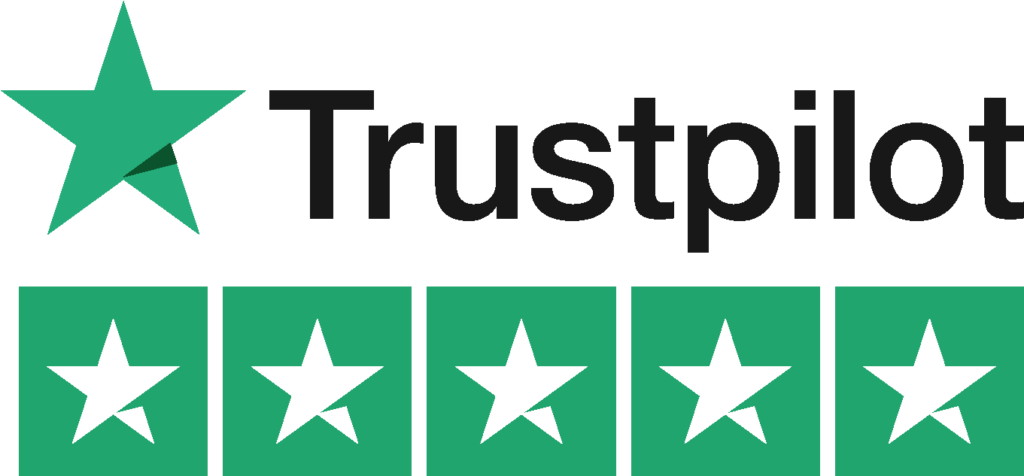Search engines use web crawlers, also known as spiders or bots, to discover and crawl websites. A web crawler is a software program that follows links from one page to another and indexes the content it finds along the way.
When a search engine sends a web crawler to a website, the crawler begins by fetching the HTML code for the webpage. It then follows links to other pages within the same website and to external websites, and continues to index the content it finds.
Web crawlers are designed to follow links and index the content of web pages, but they can also interpret and execute certain types of code, such as JavaScript. This allows them to crawl and index websites that use dynamic content or that are built using JavaScript frameworks.
Web crawlers are an essential part of the search engine process, as they allow search engines to discover and index new web pages and update their existing index with any changes to existing pages. This enables search engines to provide relevant and up-to-date search results to users.
Types of Search engines crawlers
Search engine crawlers are the most well-known type of web crawlers, and are used by search engines like Google, Bing, and Yahoo to discover and index new web pages. These crawlers follow links and index the content of web pages, and are designed to be able to interpret and execute code like JavaScript.
Here are a few examples of search engine crawlers:
Googlebot
Googlebot is the web crawler used by Google to discover and index new web pages. It is designed to be able to interpret and execute a wide range of code, including JavaScript, and can handle websites with dynamic content and complex structures.
Bingbot
Bingbot is the web crawler used by Bing to discover and index new web pages. It is designed to follow links and index the content of web pages, and can also interpret and execute certain types of code, such as JavaScript.
Yahoo Slurp
Yahoo Slurp is the web crawler used by Yahoo to discover and index new web pages. It is designed to follow links and index the content of web pages, and can also interpret and execute certain types of code, such as JavaScript.
These are just a few examples of search engine crawlers – there are many others that are used by different search engines to discover and index new web pages. Web crawlers play a vital role in the way search engines function and are an essential part of the search engine process.
How often do search engine crawlers visit a website?
The frequency with which search engine crawlers visit a website can vary. Some factors that can affect the frequency of crawler visits include the number of pages on the website, the rate at which the website’s content changes, and the website’s popularity and authority.
Popular and frequently updated websites may be visited more often by search engine crawlers, while less popular or static websites may be visited less frequently.
Can I control when search engine crawlers visit my website?
While you can’t directly control when search engine crawlers visit your website, there are a few things you can do to influence their behavior. For example, you can use a sitemap to provide a list of all the pages on your website and how often they are updated.
You can also use the “last modified” header in your website’s HTTP response to indicate when a page was last updated. This can help search engines understand when they should crawl a page again.
You can also use the robots.txt file to block search engine crawlers from certain parts of your website if you don’t want them to be indexed.
Can search engine crawlers index all types of websites?
Search engine crawlers are designed to be able to follow links and index the content of most types of websites. However, there are some types of websites that may be more difficult for crawlers to index.
For example, websites that use a lot of JavaScript or that have complex structures may be more challenging for crawlers to navigate. Additionally, some websites may use techniques like cloaking or redirecting to try and deceive search engine crawlers and influence their rankings.
These techniques are generally not effective and can even result in penalties from search engines.
Can I block search engine crawlers from certain parts of my website?
Yes, you can use the robots.txt file to block search engine crawlers from certain parts of your website. The robots.txt file is a simple text file that you can place in the root directory of your website.
It contains instructions for search engine crawlers on which pages or directories they should not crawl. Keep in mind that the robots.txt file is a directive and not a command – it’s up to the search engines to decide whether or not to follow the instructions in the file.
What are the benefits of having my website crawled by search engines?
There are several benefits to having your website crawled by search engines:
- Improved visibility: By having your website indexed by search engines, you can improve your visibility and reach more potential customers.
- Increased traffic: When your website ranks well in search results, it can attract more targeted traffic, which can lead to increased business.
- Enhanced user experience: By ensuring that your website is easy for search engine crawlers to navigate and understand, you can also improve the user experience for your visitors.

















